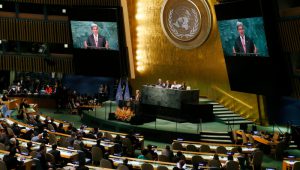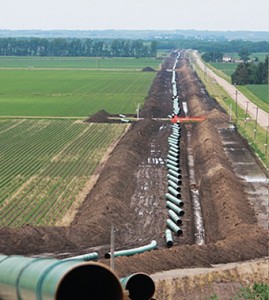 Peter Singer’s 1975 book Animal Liberation is perhaps the seminal text on awakening human consciousness about nonhuman animals. More of a philosophical tract, it presents an even-handed narrative of why animals’ interests should be considered that is neither ‘good’ not ‘bad’ per se. It’s big idea of ‘the greatest good’ is an effective route to ethical behavior, and it resonates with the challenge of how to get people to care about nature, which – if not cast as satire – is one of the most urgent ideas of the last and the next twenty years:
Peter Singer’s 1975 book Animal Liberation is perhaps the seminal text on awakening human consciousness about nonhuman animals. More of a philosophical tract, it presents an even-handed narrative of why animals’ interests should be considered that is neither ‘good’ not ‘bad’ per se. It’s big idea of ‘the greatest good’ is an effective route to ethical behavior, and it resonates with the challenge of how to get people to care about nature, which – if not cast as satire – is one of the most urgent ideas of the last and the next twenty years:
It is easy to see how bleak accounts of the state of the planet can overwhelm people and make them feel hopeless. What is the point of even trying if the world is going down the drain anyway?
To muster public and political support on a scale that matches our environmental challenges, research shows that negative messaging is not the most effective way forward. As a conservation scientist and social marketer, I believe that to make the environment a mainstream concern, conservation discussions should focus less on difficulties. Instead we should highlight the growing list of examples where conservation efforts have benefited species, ecosystems and people living alongside them.
The promise of positive messaging and marketing language to sway greater environmental sh*t-giving is cynical, but here we are. He’s not wrong, though the degree to which the vision of this kind of promotion will necessarily muster the language of commodity (great cause of said looming catastrophic scenarios) to save the Earth makes the pain in my neck throb. It could also make the messages that feel like Coca-Cola ads that much easier to dismiss from familiarity. Optimism in the face of destruction has its limits, and sometimes we need to look at things as they are and act accordingly. Like adults instead of media companies.
Still, Lost & Found is a good idea. We can do worse than trying to invigorate the public with the wonder of natural wonder, as long as they don’t begin to believe too strongly in its resilience. We can lead the water to horses, but can we make them care?

 :
: In a society wherein it is the final arbiter, is the market beyond criticism?
In a society wherein it is the final arbiter, is the market beyond criticism?





